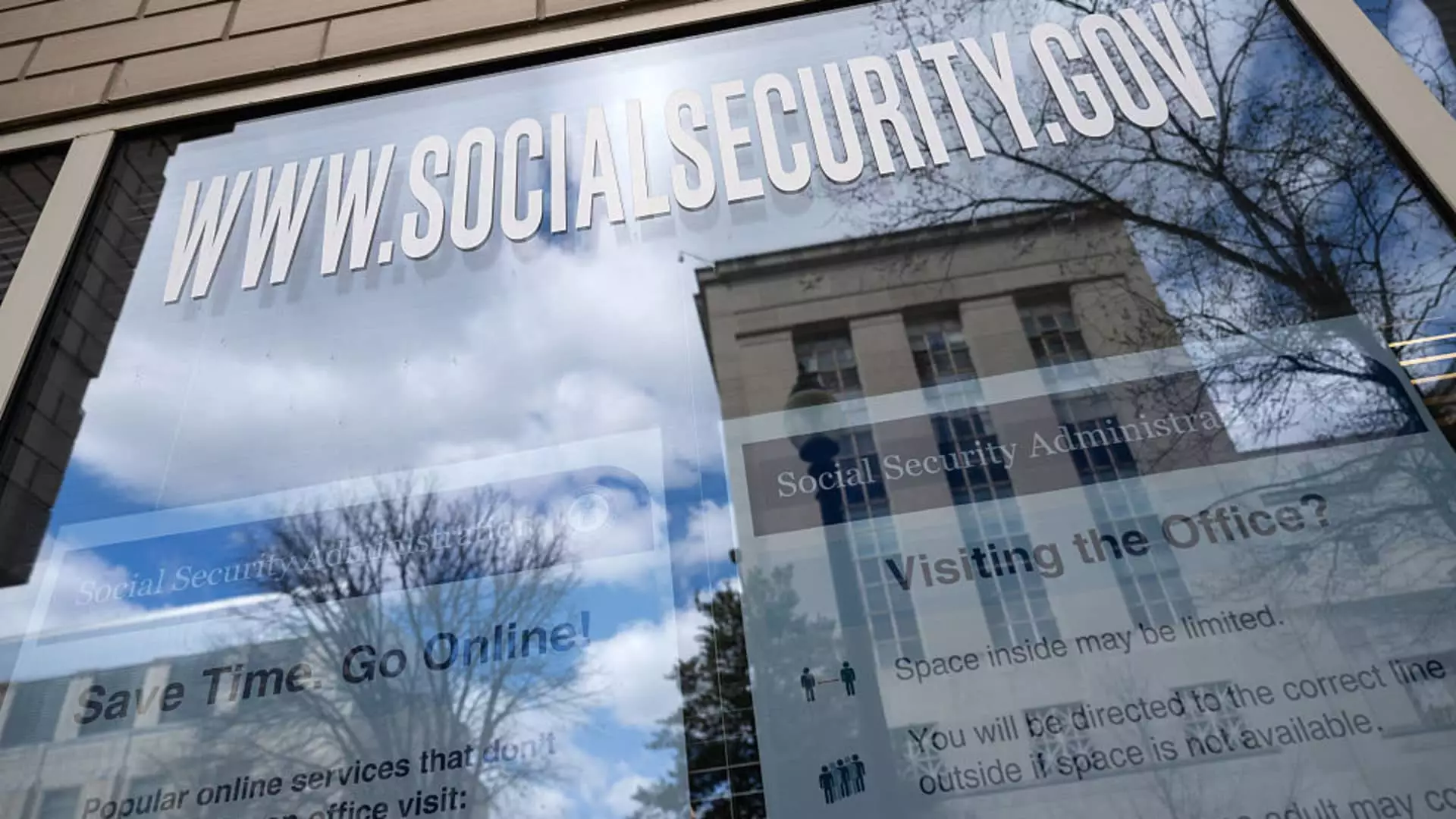The latest report from the Social Security Board of Trustees has painted a bleak picture of the future of America’s social welfare safety net. The trust fund that underpins Social Security is projected to be fully depleted by 2033, with only 77% of benefits available thereafter. This is a grim reality for millions who have paid into the system in good faith, expecting that their contributions would translate into a measure of financial security in their golden years. It’s not just an economic issue; it’s a deeply emotional one that reverberates through households across the nation. The implications of such a development demand immediate attention, yet the political willpower appears wanting.
The Signs of Trouble Are Growing
A deeper dive into the figures reveals a more disturbing truth: the Social Security combined trust funds, which include both the Old-Age and Survivors Insurance Trust Fund and the Disability Insurance Trust Fund, now has a favorable outlook that is already tighter than previous estimates. The Disability Insurance fund may be stable until 2099, but focusing on that point masks the overarching issue. As the reality of a growing elderly population looms, where the ratio of workers to retirees continues to dwindle, it becomes painfully clear that reliance on these funds is becoming increasingly precarious. The report also highlights that about 70 million Americans will rely on Social Security benefits this year alone. For many, Social Security is not merely an additional income source; it is the backbone of their financial existence.
The Ideological Battle Over Solutions
The question of what to do about Social Security has precipitated a fierce ideological divide in Washington. Should lawmakers raise taxes on the wealthiest Americans to bolster the program, or should benefits be cut to bring spending in line with revenues? The general populace is loud and clear: 85% of Americans would rather see tax increases than cuts in benefits. This overwhelming consensus should resonate with lawmakers, yet entrenched interests often drown out the voices of ordinary citizens. The political discourse should center on compassion and practicality rather than ideological purity. It’s deeply concerning that rather than collaborating on sustainable solutions, political factions are squabbling over the best method to mitigate a crisis that could have wide-reaching consequences.
The Case for Progressive Change
The recent survey highlighted that the most supported policy option involves removing the payroll tax cap for earnings over $400,000. This is a common-sense solution that would not only boost Social Security’s financial stability but would also promote a fairer tax system. When individuals earning significant sums can sidestep contributing to Social Security at higher earnings, it perpetuates a system that favors the wealthy while endangering the financial security of the average worker. Additionally, raising the payroll tax rate gradually could provide the necessary revenue to ensure that benefits are sustainable without unduly burdening low- and middle-income earners.
The Urgency for Comprehensive Reform
As we face an impending crisis, the time for gradual changes is waning. Advocates like Maya MacGuineas have stressed the urgency, pointing out that Congress must act swiftly to phase in solutions that can avert catastrophic cuts to benefits. The danger of a “wait-and-see” approach is palpable, and the notion that we can delay necessary reforms is nothing short of reckless. Stakeholders across the political spectrum recognize the need for action, and now is the time for lawmakers to set aside their differences in favor of a common cause: the financial security of millions. The American public deserves leaders who prioritize the welfare of their constituents over partisan victories or ideological battles.
A Call for Unity and Action
In an era where division runs rampant and bipartisanship is often sidestepped for political gains, the issue of Social Security should serve as a clarion call for unity. The sentiments echoed by advocates and surveys alike indicate a path forward that rests on shared values of fairness and responsibility. If we can channel the collective will of the American people, there lies the possibility of reimagining Social Security in a way that not only ensures its survival but also enhances its benefits for future generations. It’s about more than just numbers; it’s about lives, dreams, and the promise of a secure future. With the clock ticking, it’s imperative that lawmakers step up to the challenge or risk failing those who’ve relied upon the social compact for their very livelihood.

